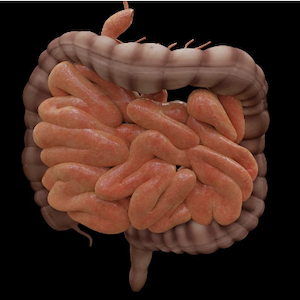Psychological impairment in inflammatory bowel diseases: the key role of coping and defense mechanisms

All claims expressed in this article are solely those of the authors and do not necessarily represent those of their affiliated organizations, or those of the publisher, the editors and the reviewers. Any product that may be evaluated in this article or claim that may be made by its manufacturer is not guaranteed or endorsed by the publisher.
Accepted: 9 November 2023
Authors
A comprehensive investigation of psychological features in chronic patients is very important for tailoring effective treatments. In this study we tested anxiety, depression, health related quality of life (HR-QoL), alexithymia, coping styles, and defense mechanisms, in eighty-four patients with Crohn disease (CD) and ulcerative colitis (UC). Participants reported low to moderate HRQoL and anxiety, apart from alexithymia. Women experienced lower QoL and higher levels of anxiety and depressive symptoms. Coping and defense strategies were related to distress symptoms and QoL. Positive attitude and principalization, showed negative associations with depression, anxiety and alexithymia and were also found to be associated with mental health. CD patients used significantly more turning against objects (p=0.02) and projections (p=0.01) and UC patients used more reversal (p=0.04). Elderly women showed higher anxiety symptoms and lower perceived QoL. Multiple regression analysis revealed anxiety and depression were independently associated with QoL. Significant differences emerged in defense styles among CD and UC. CD participants used more maladaptive coping and defense styles which were related to mental distress, depression and anxiety, together with higher level of alexithymia. Findings suggest that psychological aspects play a key role in mental health in patients suffering from inflammatory bowel diseases. A multi-integrated clinical strategy including psychotherapeutic interventions should be considered in treating CD and UC.
How to Cite

This work is licensed under a Creative Commons Attribution-NonCommercial 4.0 International License.






